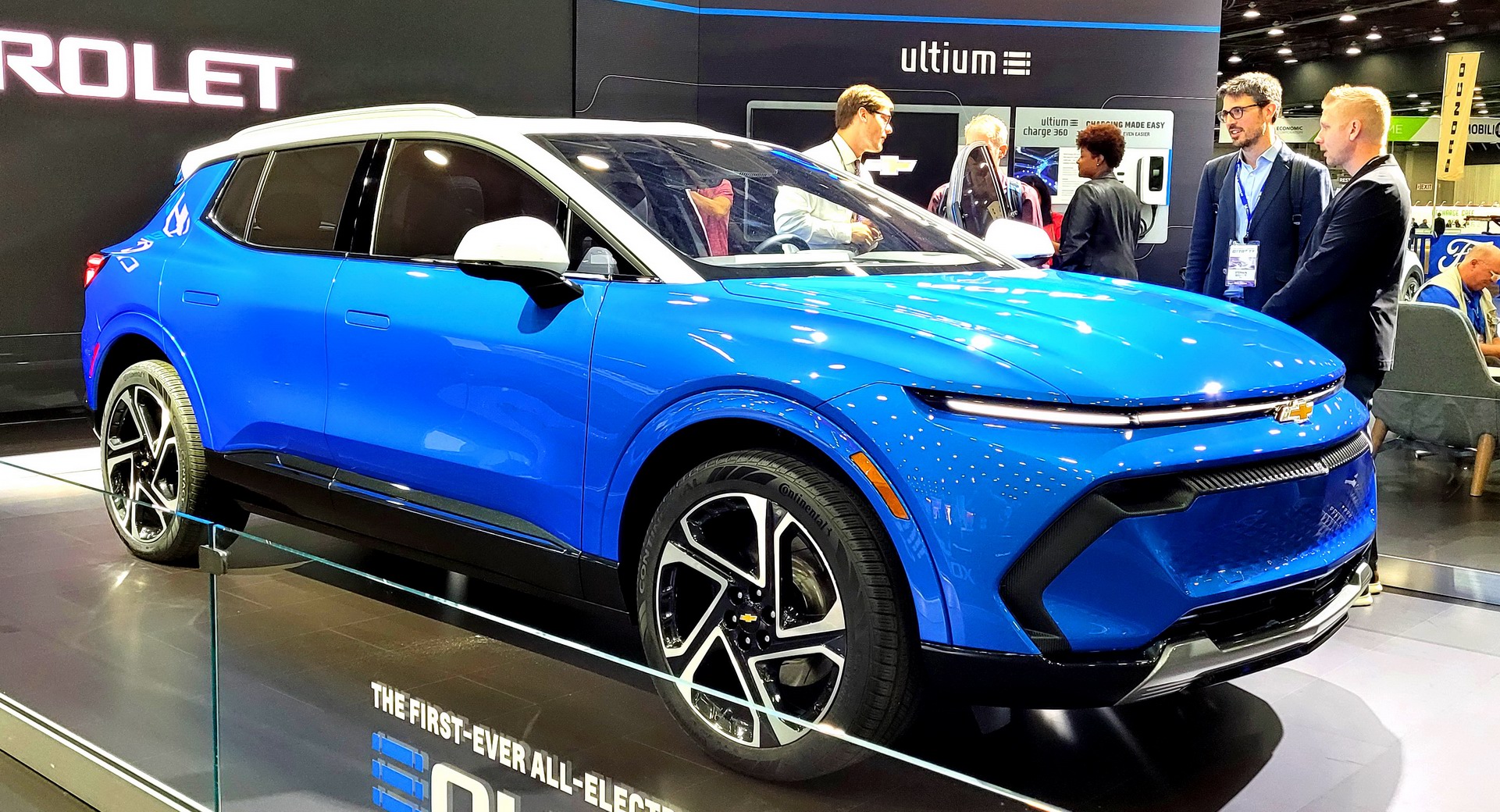
Challenges and Opportunities in Pakistan's Electric Vehicle Transition
Pakistan is at a critical juncture in its journey toward sustainable energy, with electric vehicles (EVs) playing a pivotal role. However, the transition faces significant challenges, primarily due to the lack of charging infrastructure and the high cost of EVs. Industry leaders have raised concerns about these obstacles, emphasizing that they are hindering the country’s shift to clean energy.
During a recent consultative meeting with the Ministry of Climate Change and Environmental Coordination, representatives from the EV sector highlighted the urgent need for action. The discussion, chaired by Secretary Aisha Humera Moriani, centered on strategies to expand the electric mobility sector. One of the key points raised was the necessity of developing a comprehensive network of modern charging stations, particularly along highways and motorways. Without such infrastructure, the growth of the EV market is likely to remain stagnant.
The stakeholders also called for financial support and simplified policies to make EVs more accessible to the general public. They argued that affordability is a major barrier for many consumers, especially in a country where economic conditions vary widely. By introducing subsidies or tax incentives, the government could significantly boost EV adoption and encourage more people to switch from traditional fuel-based vehicles.
Secretary Moriani acknowledged that the current state of charging infrastructure is a major hurdle, especially in urban areas. She stressed that substantial investment is required in this area, otherwise the government’s green energy goals may not be achievable. The ministry has also expressed a commitment to collaborating with the private sector to develop sustainable solutions that can address these challenges effectively.
Another topic of discussion was the potential of retrofitting existing fuel-based vehicles as a way to reduce emissions. This approach is particularly relevant in Pakistan, where motorcycles account for a large portion of the 37 million registered fuel vehicles. Experts suggested that converting motorcycles to electric could provide a fast and affordable path toward cleaner transportation.
Muhammad Asif Sahibzada, Director General for Environment, noted that motorcycles contribute significantly to pollution levels in urban areas. He emphasized the importance of developing standardized retrofitting options that could help cut emissions while keeping costs manageable for consumers. This strategy could serve as a bridge between traditional vehicles and fully electric alternatives, making the transition more feasible for a broader population.
In addition to retrofitting, participants discussed the need for national policy frameworks that support the EV industry. They emphasized the importance of stronger partnerships between the government and private sector, as well as practical incentives that can drive innovation and investment in the sector. These measures would not only promote environmental benefits but also contribute to long-term economic growth.
Overall, the meeting underscored the shared vision of industry leaders and government officials to accelerate the shift toward electric mobility. By addressing the challenges of infrastructure, affordability, and policy, Pakistan can pave the way for a cleaner and more sustainable future.
Post a Comment